3 min read
Volunteers Providing Welcome
UGM’s volunteer case managers stand on the frontlines of ministry, offering listening ears and wise counsel to men and women in crisis.
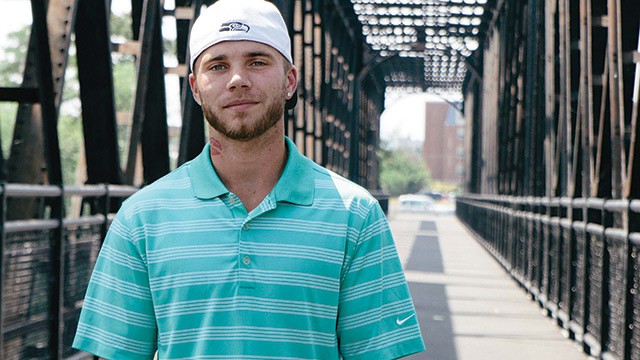
Kevin Schmieder has relapsed twice in the process of recovery.
“My first stay at UGM was in 2011. I knew something needed to change and I gave it a shot. I really tried, I just wasn’t ready to fully surrender, and I ended up leaving program early.”
When he came back in 2014, he thought he was ready. But a few months later, he relapsed on prescription pain medication following oral surgery. “This last relapse scared me more than anything ever has. I found myself getting put out of program while my wife was doing what she was supposed to do over at Anna Ogden Hall, and that’s when the turning point came. I was on the verge of losing what was most important in my life, and that’s my wife.”
Before he could re-enter LIFE Recovery, he had to face some harsh realities spoken to him in love by the Men’s Recovery team.
“I didn’t like what they were saying, but it was the truth.” In order for Kevin to change, he needed to be accountable, to hear and acknowledge the truth in what the recovery team was saying.
“Until I realized that I was prideful, I couldn’t get to a point where I could work on it.
“I don’t wish my journey on anybody, but it has brought me to a place of complete surrender. The Lord used a really bad situation and has turned it around into the best thing that has ever happened in my life. They say that relapse is a part of recovery, and it was for me.”
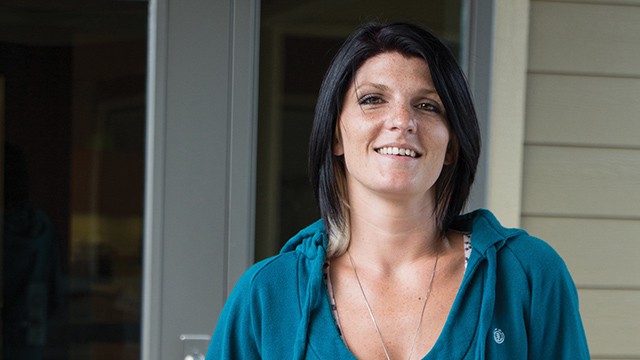
“I ended up losing all six of my children, and I was so broken. There was absolutely nothing good in my life anymore.” Larisa Moore originally came to the UGM Center for Women and Children to help herself and help her children. She felt enormous pressure to get everything just right, and the burden of that led to her relapse.
“My intentions were that I wanted to do well, and I felt good knowing God. But it was that huge fear and burden of, if I messed up, I was gonna lose everything. I was gonna lose my children, and people were gonna give up on me. I wanted to help myself, and I knew through helping myself I could help my children and be a better mom. But it didn’t work that way.”
Larisa relapsed. Her fears became reality, and she lost her children, which in turn sent her further into her addiction.
“I found myself with no purpose. I desperately wanted out of [my addiction]; I just couldn’t get myself out. I felt like, if I didn’t come back here, I probably wasn’t gonna be alive much longer.”
The Center let Larisa come back. Her relapse helped her realize she needed hope that was secure. “Without experiencing all of that loss, I don’t know that I would’ve changed. My only hope before was my children, and once I lost them, I saw I didn’t have any hope.
“Getting that piece of God became my hope. If I go through God first, then no matter what I lose, I can turn to Him. He’ll always be there, and nobody can take that away from me.”
We all need grace, for every time we make a mistake, every time we fall, every time we “relapse.” Thank you for giving men and women another chance. ●
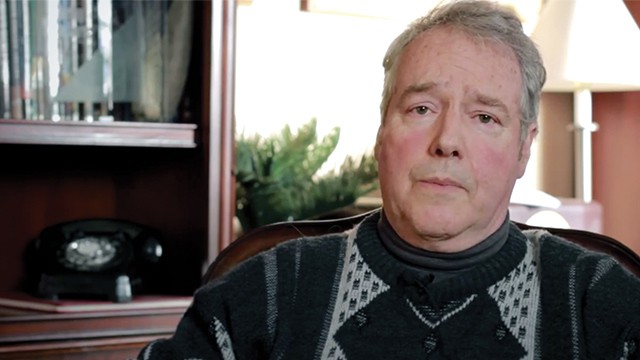
UGM Recovery Counselor John Dunne answers some basic questions about relapse.
What are the warning signs of relapse?
There are a lot of them. We actually have an acronym from the Genesis book called the “FASTER” scale.
I Forget priorities and start moving down the scale toward relapse.
Anxiety grows.
I Speed up in order to deal with anxiety.
I get Ticked off.
I become Exhausted. Then I’ve pretty much thrown in the towel.
Relapse follows.
How does the recovery team view relapse?
I’ve heard the phrase “relapse is part of recovery.” It doesn’t have to be part of recovery. The trick is, when somebody does relapse, we want to maximize the opportunity to address the issues that it brings to the surface. We’ll take a bad situation and bring good out of it if the person is workable and teachable, but we surely never condone relapse and we don’t treat it lightly.
How do relapse and recovery apply to those outside of the UGM recovery programs?
We all have relapses. So, how do we treat ourselves when we relapse, and how would we like to be treated? Wouldn’t it be nice if somebody could come alongside us and say, “I’m not denying you relapsed, yes, you did relapse, but you are not a relapse, you are not a mistake. You are a valuable human being. Let’s take a look at what’s going on around that relapse.” I think we’d like to be treated like that.
For more on the role of relapse in recovery, visit The Impact blog. ●
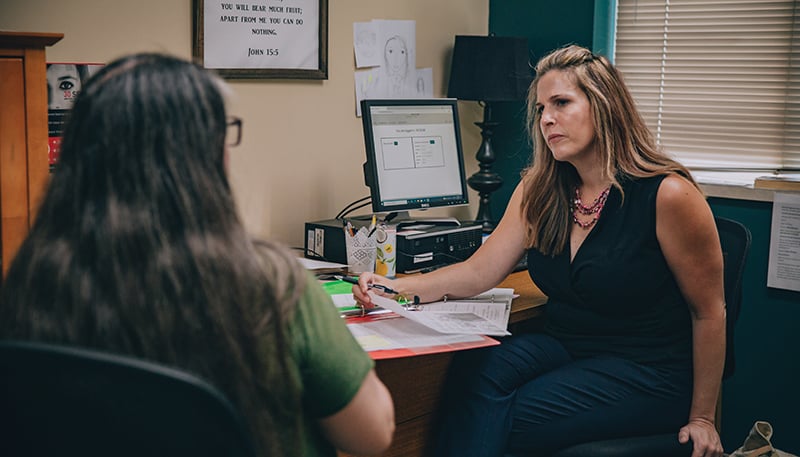
3 min read
UGM’s volunteer case managers stand on the frontlines of ministry, offering listening ears and wise counsel to men and women in crisis.
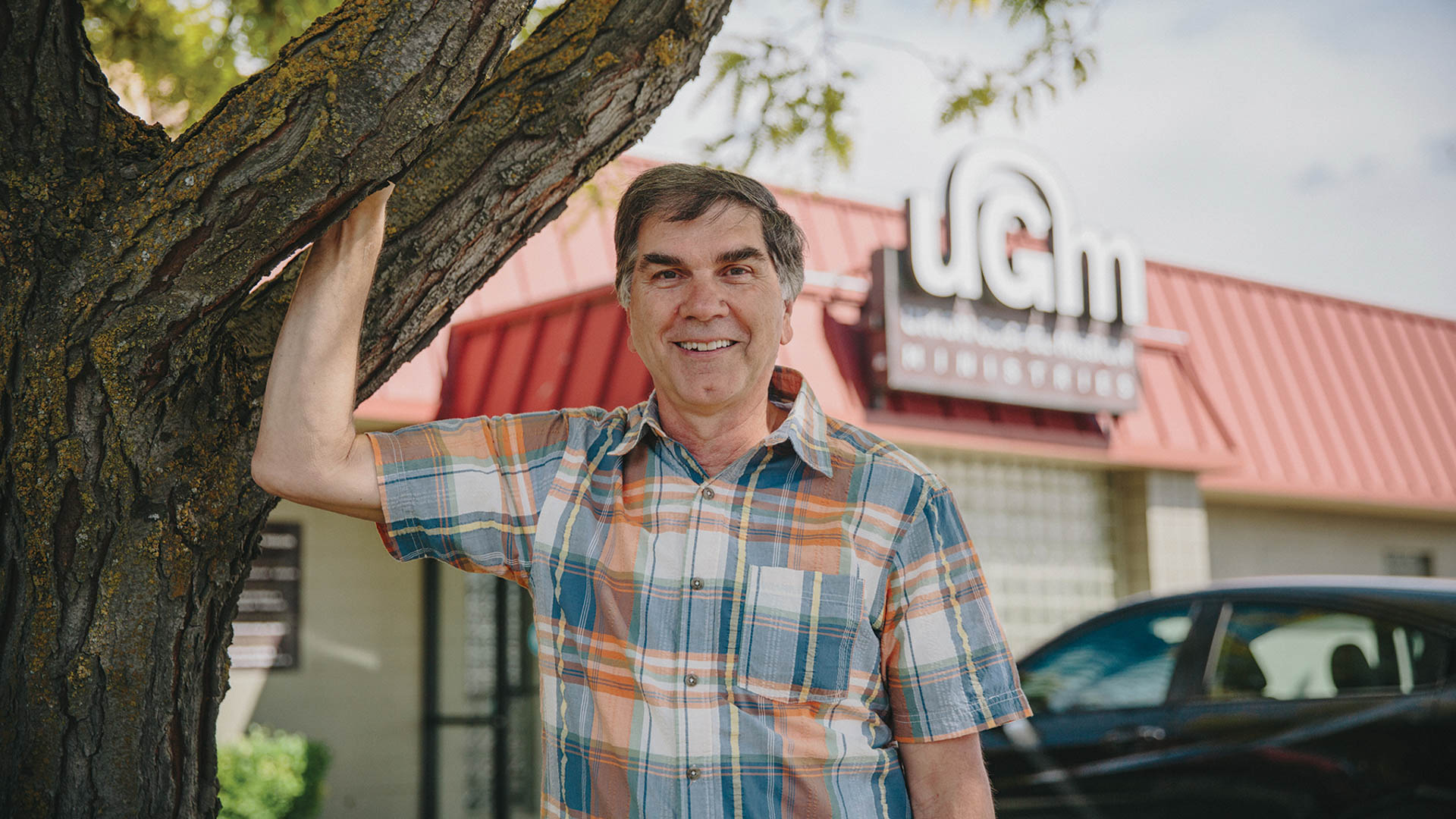
2 min read
We are a forgetful people. We forget how broken the world is in which we live. We forget how much we are loved by a good God. We forget the sinister...
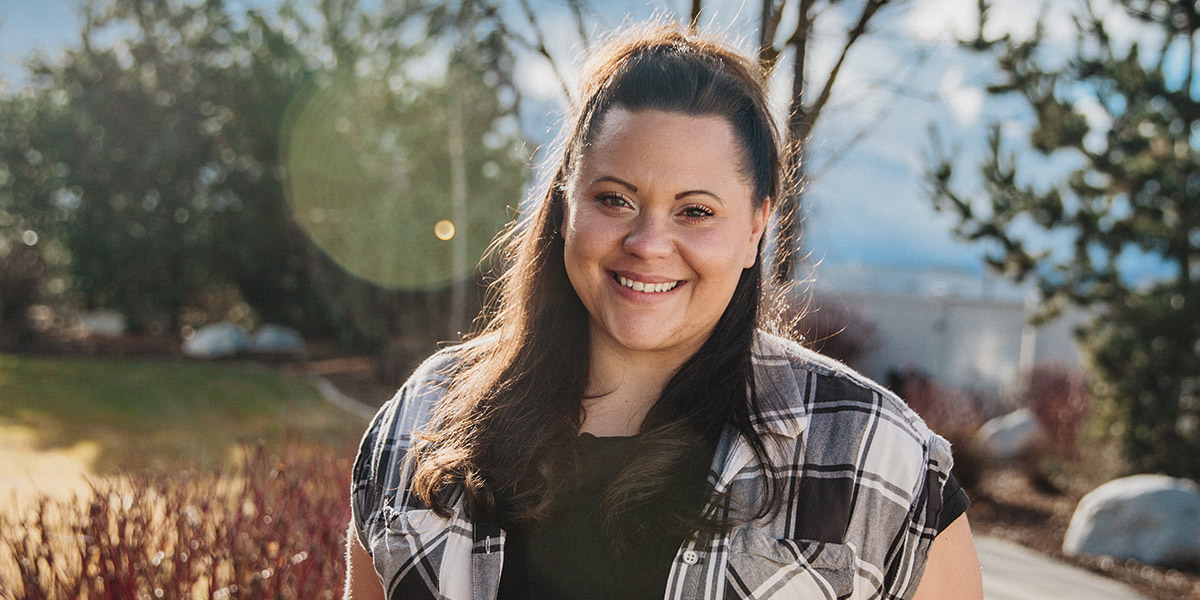
2 min read
Our hope is built on nothing less than Jesus’ blood and righteousness. “The Lord your God is in your midst. A mighty one who will save.” (Zeph. 3:17)...
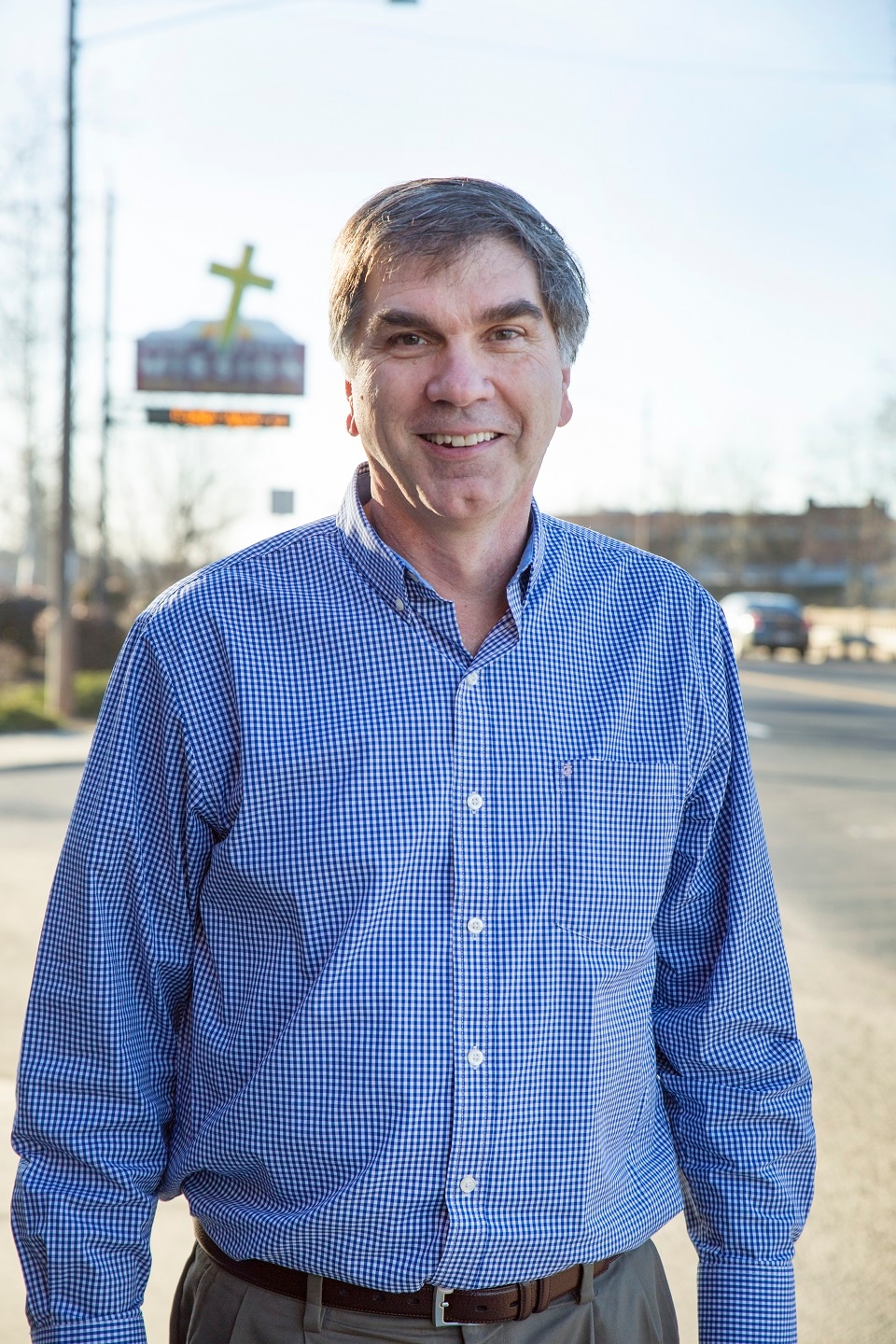
When it comes to failure, the question is not if but when. We all fail. Every. Single. Day. Sometimes those failures are the result of taking...

You helped me find freedom. Freedom. Stop for a moment and think about that word. What does it mean to you? Do you feel truly and deeply free? Have...